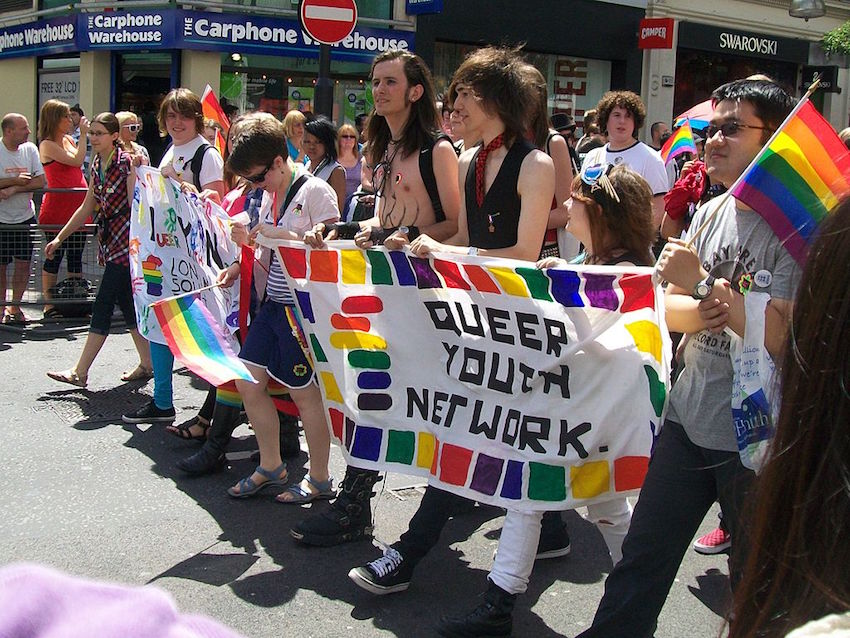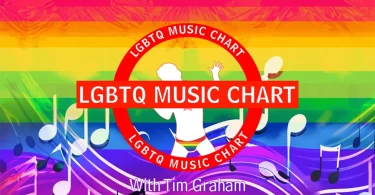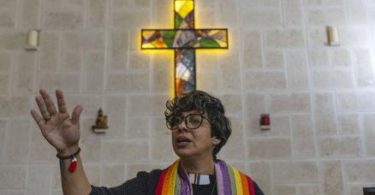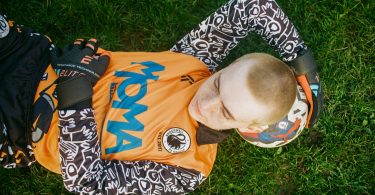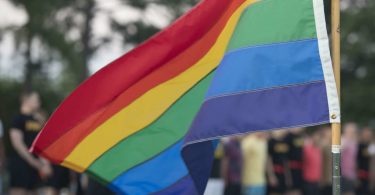Wikipedia
For 10.3% LGBTI youth, bullying gets ‘significantly’ worse.
‘Queer Peers’ are leading the charge to help young LGBTI people in Australia.
Pioneered by mental health organization Headspace, the anonymous online peer support programa is open to young people aged 12-25.
Qheadspace provides young people online support from ‘Queer Peers’. They are young people who have lived experience and training in peer support in a safe and welcoming space.
The online chats are supported by a mental health clinician, in case young people need extra support or a referral.
Each chat has a special guest – a ‘Queer of Honour’ – who brings some expert insight or personal experience specific to the topic each month.
Young people can register anonymously with their email, which can not be seen by the Queer Peers or young people in the forum.
‘Representation is so important: it’s so powerful for those of us who feel ‘different’ to see someone else who we can identify with,’ said on Qheaspace Queer Peer.
‘I really struggled growing up, as I had really limited exposure to queer individuals – a handful of celebrities were all I had… (remember that show Queer Eye for the Straight Guy!? omg).
‘When I was finishing school I struggled to find a gay role model who I could identify with; someone who represented more than the stereotypical assumptions people make about what it means to be a gay man.
‘It was so good for my mental health when I finally realised that there was so much more diversity within the queer community than what I’d been exposed to in the media, in film and television and at gay pride parades.’
The online chats are held monthly and June’s topic is, ‘I don’t identify with that!’: When you don’t see yourself represented in the community.’
‘Stereotypes about gender and sexuality seem to pop up everywhere,’ Qheadspace described the chat.
‘Not fitting the mould of these non-representative and narrow stereotypes of gender and sexuality can leave young people feeling isolated.
‘In the media, film, television and among role models in the community, there is a lack of people who identify with diverse genders and sexualities. LGBTIQ+ people that are represented in our community can also be limited to certain stereotypes.
‘This can result in negative feelings and confusion about a young person’s own identity if they don’t feel they are represented.’
Young people can register here for the next session. They can also replay previous chats here.

